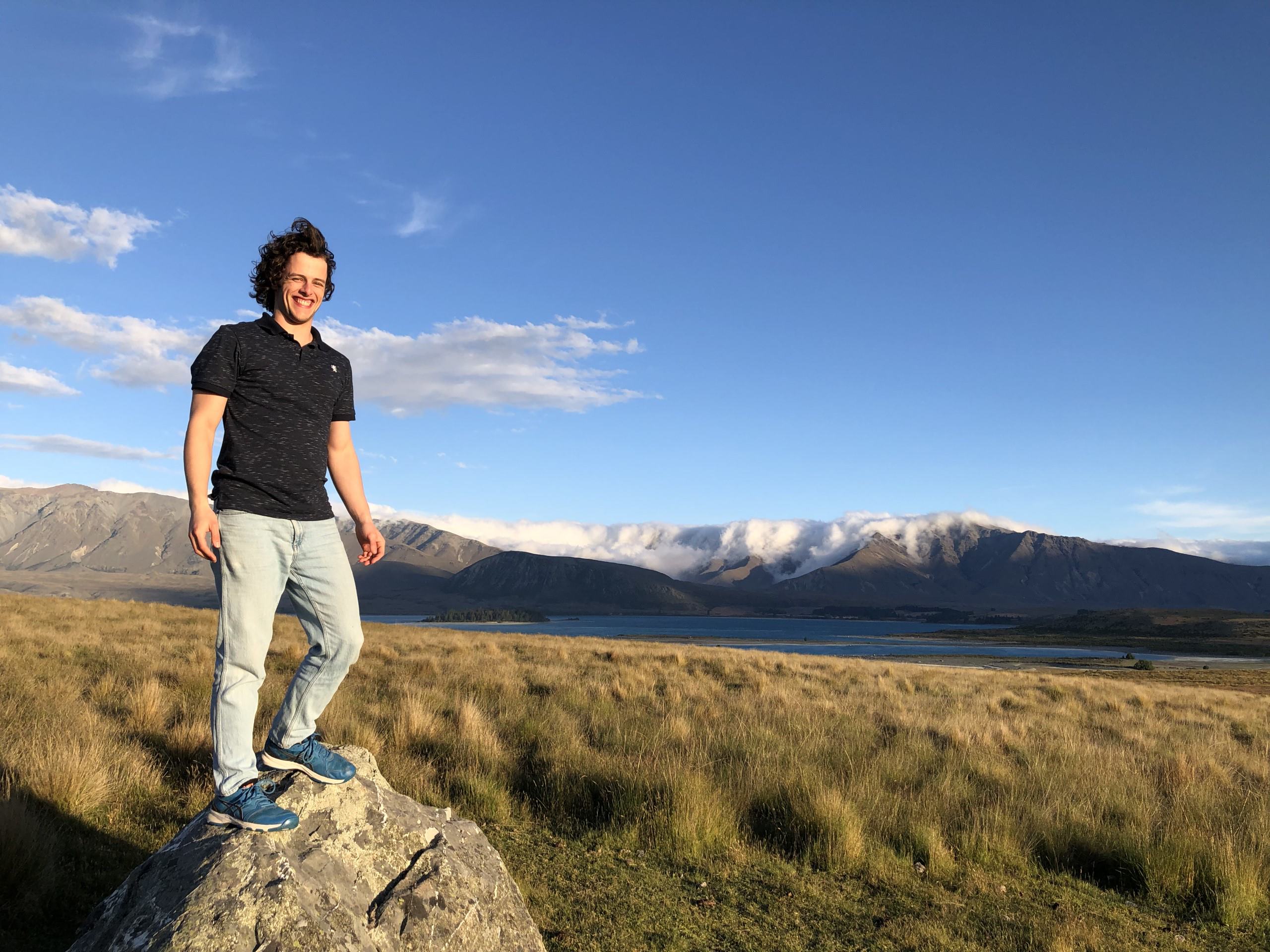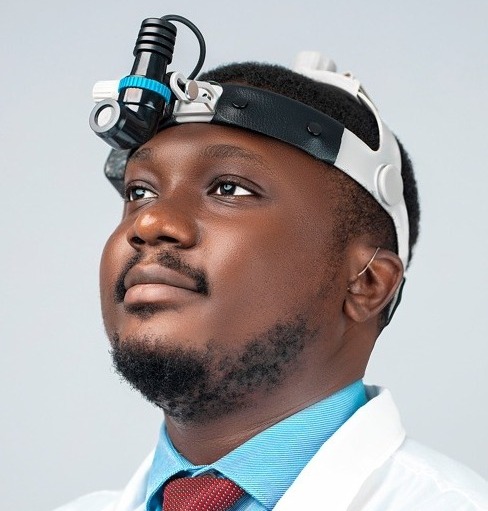
What an audiogram says about your hearing loss
March 13, 2020
Making online learning accessible for deaf students
March 17, 2020Running to cope with hearing loss

Sue Phillips started to lose her hearing at the age of 40, but between a busy family and work life, she hadn’t realized the severity of the loss.
Once she received her audiogram and advice to be fitted with a hearing aid she realized she needed a way to cope with hearing loss upon her diagnosis.
At the time when she started losing her hearing, she was a busy mom of five, with her youngest just twelve months old and the oldest a teenager. Her work was also equally demanding as a pediatric physiotherapist for the National Health Service (NHS).
“I had a basic hearing test at the GP and shortly afterward there was a visit to audiology then [the] ENT,” says Sue. “The consultant scribbled out a prescription for a hearing aid. I left the hospital that day feeling fairly dazed and upset. I have a bilateral sensorineural hearing loss. My hearing has deteriorated over the years to a profound loss on the left side and severe on the right.”
Hearing loss can be a game-changer, causing many people to pull back or wind down a little as they adjusting to their new lifestyle and hearing technology. However, Sue coped with hearing loss in a different way, which was to take up a new activity.
Starting to run
“I have always been quite an active person and enjoy an outdoor lifestyle,” says Sue. “My life was busy and filled with lots of activities with the children (three boys and two girls). Weekends were spent at football training, standing on the sidelines supporting the boys’ teams, swimming lessons, family walks, cycle rides, and spectating at cross country running events in the winter or athletic meetings in the summer.”
It was while watching a running meeting that Sue, together with some other ladies, decided that rather than just standing, it might be more fun to have a go at a ladies’ race the next time.
“I lined up for my first XC (cross country) race since school, feeling pretty nervous with only a few weeks training behind me to slog round what turned out to be one of the toughest courses in the league calendar, an undulating course with deep mud that seemed to go on forever,” recalls Sue. “I finished with a real sense of achievement and wanting to do more and was hooked! So started my love of running and the beginning of a competitive career with my local club Darlington Harriers.”
“I finished with a real sense of achievement and wanting to do more and was hooked!”
Running to cope with hearing loss
Running for Sue became an escape. As her hearing loss got worse, her running became more intense. Running in all kinds of weather became the best way for her to relax.
“I always feel better [after] a run,” she says. “One of my most memorable runs was whilst visiting my son in New York, crossing Brooklyn Bridge and then beside the Hudson River. The views of Manhattan were amazing. Back for breakfast then straight out to watch the New York Marathon. I love running on holiday wherever I am. My trainers are usually the first things I pack!”
What began as a way to beat stress quickly turned into a happy obsession. Sue trained harder and began to see running as something more serious.
Setting personal records
Before long she was winning in her age group and went on to run the London marathon three times.
Finding she preferred short distances, she spent winter running cross country for her club and summers on the roads or track.
“At the age of 50, I was selected to run for the England Masters team at the Home Counties International in Belfast,” says Sue. “It was a great honor to run and a fantastic weekend of competition, meeting lots of fellow runners from around the British Isles and winning Team Gold with England v50 ladies.”
Since then Sue has run for England another four times. This includes her personal best, which had her winning gold at the age of 55. She is now team captain of the Darlington Harriers.
Hearing challenges
As racing consumed her life, Sue found that as the years went by, her hearing declined. Working as a pediatric physiotherapist involved a lot of communication, speaking to parents and teachers and interacting with social workers and other health professionals.
“I was finding it increasingly difficult to manage at staff meetings always feeling behind,” she says.”
Not long after things became too challenging, Sue decided that after 34 years of service that it was time to retire. She left the NHS at age 55. It wasn’t long until she realized that after living such a busy working life, retirement, even with her running, was a little too slow and sedate for her liking. A chance conversation led her to decide to train as a pilates instructor. She finds that teaching at her local leisure centre allows her the freedom to express herself and help others at the same time.
Exercise is her passion
Sue is a perfect reminder that even when hearing loss gets worse, it doesn’t have to mean the end of our productivity or that we need to begin to wind down and take things easy. All we need do is be ready to adapt to challenges and be prepared to be open to change. As Sue’s example shows, this isn’t always a bad thing.
If there is one thing that this lady is passionate about, it’s exercise.
Read more: Swim, bike, run! The life of a deaf triathlete
“Exercise really lifts your mood and keeps you fit and healthy,” Sue says. “Keeping fit and active will go a long way to improving our chances of living healthy lives and improving confidence and mental health. I would really encourage people to find something that you really enjoy. Life is not without its challenges, but I do try not to let my hearing loss hold me back.”





